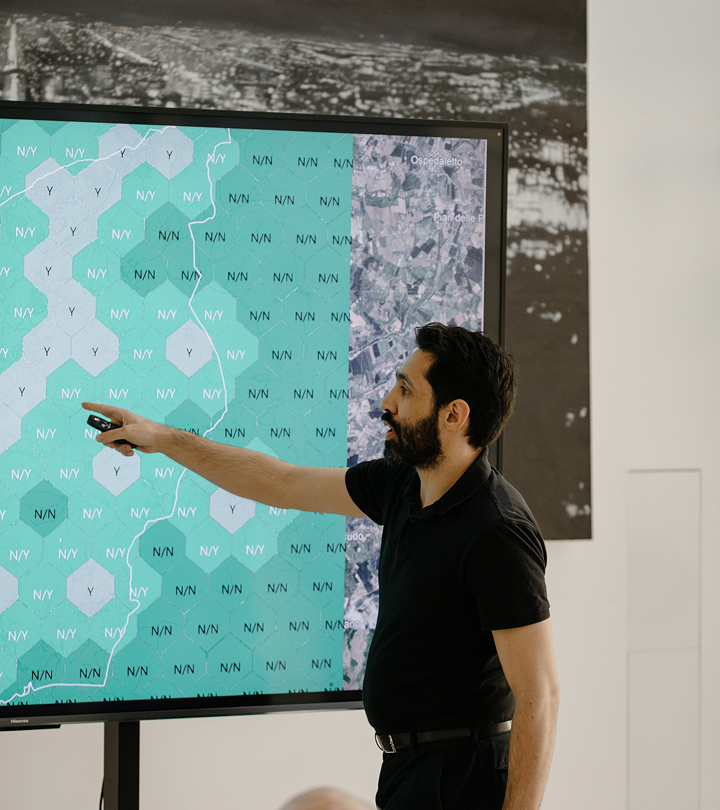NFI Centre for City Science

ABOUT
The NFI Centre for City Science (CCS) specialises in applied research, turning knowledge into tangible insights that support both cities and students.
To this end, we prioritise research methods, precedents and interfaces that are:
- Evidence-based and measurable
- Sufficiently spatially precise to be measurable at the scale of streets (some findings lack sufficient spatial resolution to be applied for localised analysis)
- Standardised findings and datasets that can be reproduced across different city contexts (some findings are contextually or dataset specific to be reproduced elsewhere).


Our research and analytical methods are based on openly available research, datasets and software packages. Our methods are developed to support transparency, collaboration and dissemination; this enables robust standards to support the adoption and reproducibility of our work.

We offer project-specific services supported by our bespoke, internally developed interfaces. Leveraging our in-house expertise, we specialise in engaging with cities and making research tangible and relevant for informed decision-making.
The NFI CCS operates through a dedicated team of researchers who develop tailored solutions for cities, guided by world renowned experts. The team combines advanced urban analytics, design thinking and sustainable strategies to address the unique challenges of each city project. This approach ensures that this work is both locally responsive and globally informed, delivering measurable, impactful solutions that align with the specific needs and goals of city administrations.
Diagnosis

Spatial inventories
Map existing data, projects and infrastructure to identify gaps, vulnerabilities and opportunities.
Thematic analysis
Conduct analysis to identify key themes and indicators for assessment, exploring topics such as climate and ecology, inequalities in public and active transportation, and access to amenities and green spaces.
Solution finding

Site discovery & selection
Develop selection criteria, datasets and analytical workflows based on identified priorities to select optimal locations for high-impact interventions.
Strategic interventions
Encourage adaptive spatial strategies that can be applied locally and scaled up incrementally and adaptively as funding and opportunities allow.
Implementation

Policy & advisory
Align strategies with existing policies, advocate for necessary adjustments and encourage frameworks that support sustainable development.
Project Design & Impact Assesment
Translate strategic priorities into tangible interventions in the urban realm through thoughtful design. Emphasis is placed on high quality placemaking to create comfortable pedestrian streets, vibrant public spaces and enduring community value.
Post occupation evaluation & monitoring
Evaluate and monitor interventions and key sustainability metrics over time, such as climate impacts or changes in pedestrian activity.
Dissemination

Data visualisation & communication
Convert complex urban data into clear insights, using interactive maps, dashboards and simulations.
Public engagement
Develop guidelines and tools to encourage community engagement and build consensus.
Technical training
Train local teams and professionals in data workflows and tools to address urban challenges, delivered through intensive workshops tailored to city-specific needs.
Engagement in academic and professional forums
Actively share knowledge and methods through participation in leading events and conferences.

Partner with us
At the Center for City Science (CCS), we are eager to partner with organisations committed to sustainable and innovative urban development. If you would like to explore collaboration opportunities to improve quality of life in your city, get in touch.